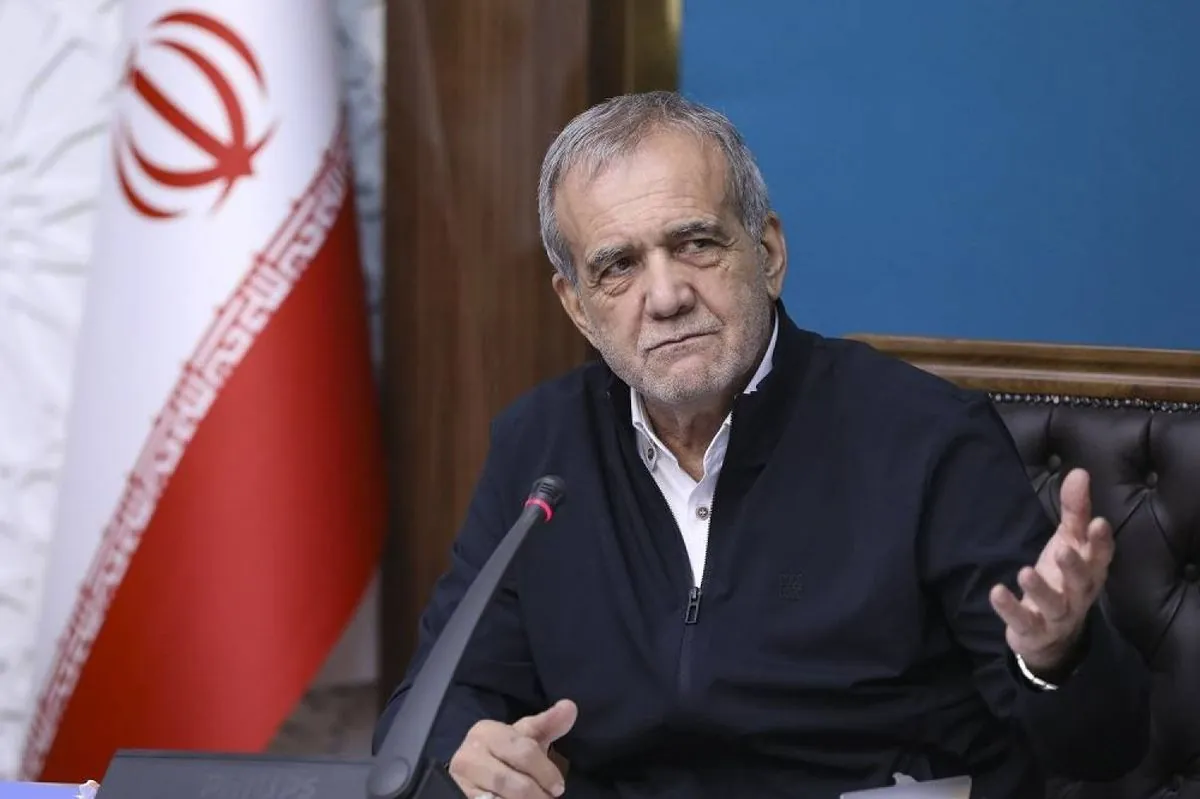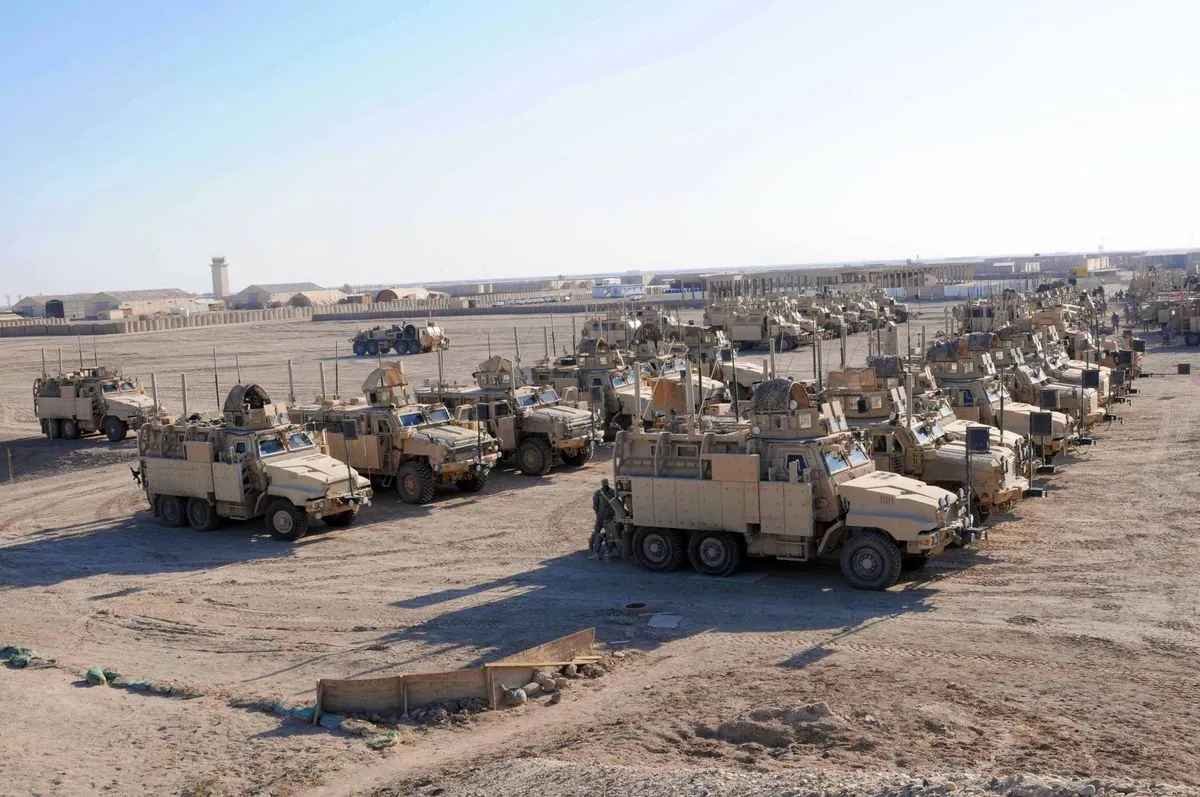Iranian President's Iraq Visit Aims to Bolster Ties Amid Regional Tensions
Iran's President Masoud Pezeshkian visits Iraq to strengthen bilateral relations. The trip highlights Iraq's delicate balance between Iran and the US, amid ongoing regional conflicts and economic cooperation efforts.

Masoud Pezeshkian, Iran's reformist president, embarked on his inaugural foreign visit to Iraq on Wednesday, aiming to reinforce Tehran's connections with Baghdad amidst escalating regional tensions. This diplomatic mission underscores the critical nature of Iran-Iraq relations, which have gained significance since the US-led invasion of Iraq in 2003 that removed Saddam Hussein from power.
The relationship between Iran and Iraq is multifaceted, encompassing economic, political, and religious dimensions. These ties have become increasingly important following the 2003 invasion, which occurred approximately 21 years ago. The two nations share a 1,458 km border and a complex history, including the devastating Iran-Iraq War of the 1980s that resulted in an estimated one million casualties.
Iraq finds itself in a delicate position, attempting to balance its relationship with Iran, which supports influential Shiite militias within the country, and the United States, which maintains a force of 2,500 troops in Iraq. These American forces continue to combat remnants of the Islamic State group, which at its peak in 2014 controlled about a third of Iraq's territory.

Security concerns loom large over the visit, as evidenced by a recent explosion near Baghdad International Airport, which is used by US forces. This incident occurred just before Pezeshkian's arrival, highlighting the ongoing tensions in the region.
Pezeshkian, who assumed office as Iran's president approximately two months ago, plans to visit Shiite shrines in Karbala and Najaf, two cities that hold significant religious importance for Shiite Muslims. Additionally, he will inspect a railroad project linking the southern Iraqi city of Basra to Iran and Irbil, the capital of Iraq's semi-autonomous Kurdish region.
Iran's Foreign Minister, Abbas Araghchi, emphasized the desire to strengthen security and economic ties with Iraq. He stated:
"We want to see Iraq develop, grow, be prosperous and strong on our borders, and any economic project that achieves this goal enjoys our support."
Despite these positive intentions, tensions between the two countries have flared in recent years. Iran has conducted missile strikes within Iraq, targeting Kurdish militias, US forces, and alleged Israeli sites. Most notably, Iran used Iraqi airspace in its unprecedented direct attack on Israel approximately five months ago, following a suspected Israeli strike on an Iranian diplomatic compound in Damascus.
The economic aspect of the relationship is crucial for both nations. Iraq relies heavily on imported Iranian natural gas to meet its electricity needs, with Iran being the second-largest supplier of natural gas to Iraq after Russia. A barter deal for Iraqi crude oil has allowed this supply to continue, despite US sanctions targeting Iran's nuclear program.
The ongoing presence of US troops in Iraq remains a point of contention for Iran. Since the Israel-Hamas war began about 11 months ago, Iraqi militias allied with Iran have targeted US forces, leading to retaliatory American airstrikes.
As regional tensions continue to simmer, the United States and Britain have recently accused Iran of supplying short-range ballistic missiles to Russia for use against Ukraine. This development has led to new sanctions on both Moscow and Tehran, further complicating the geopolitical landscape in which Iran and Iraq must navigate their relationship.


































